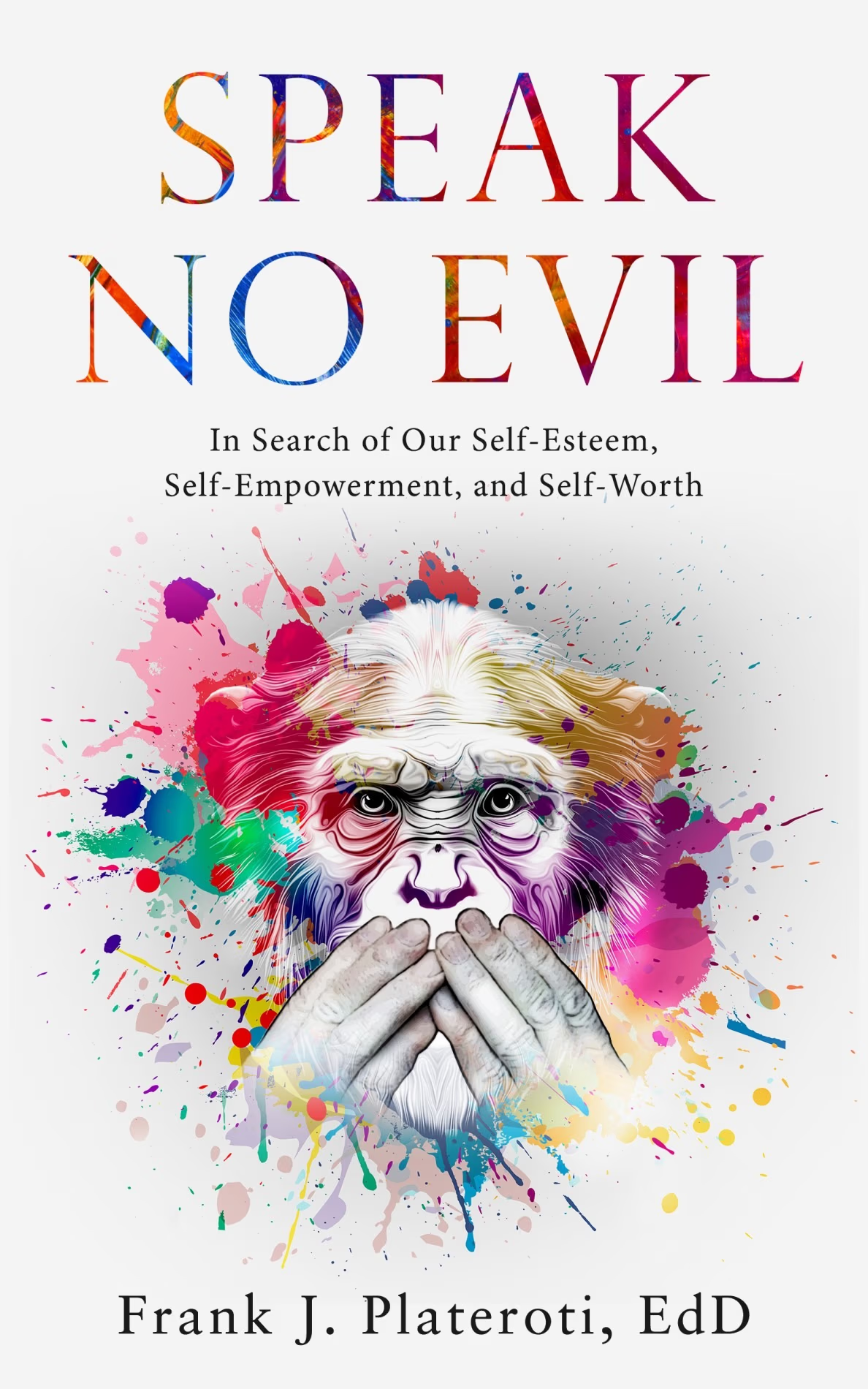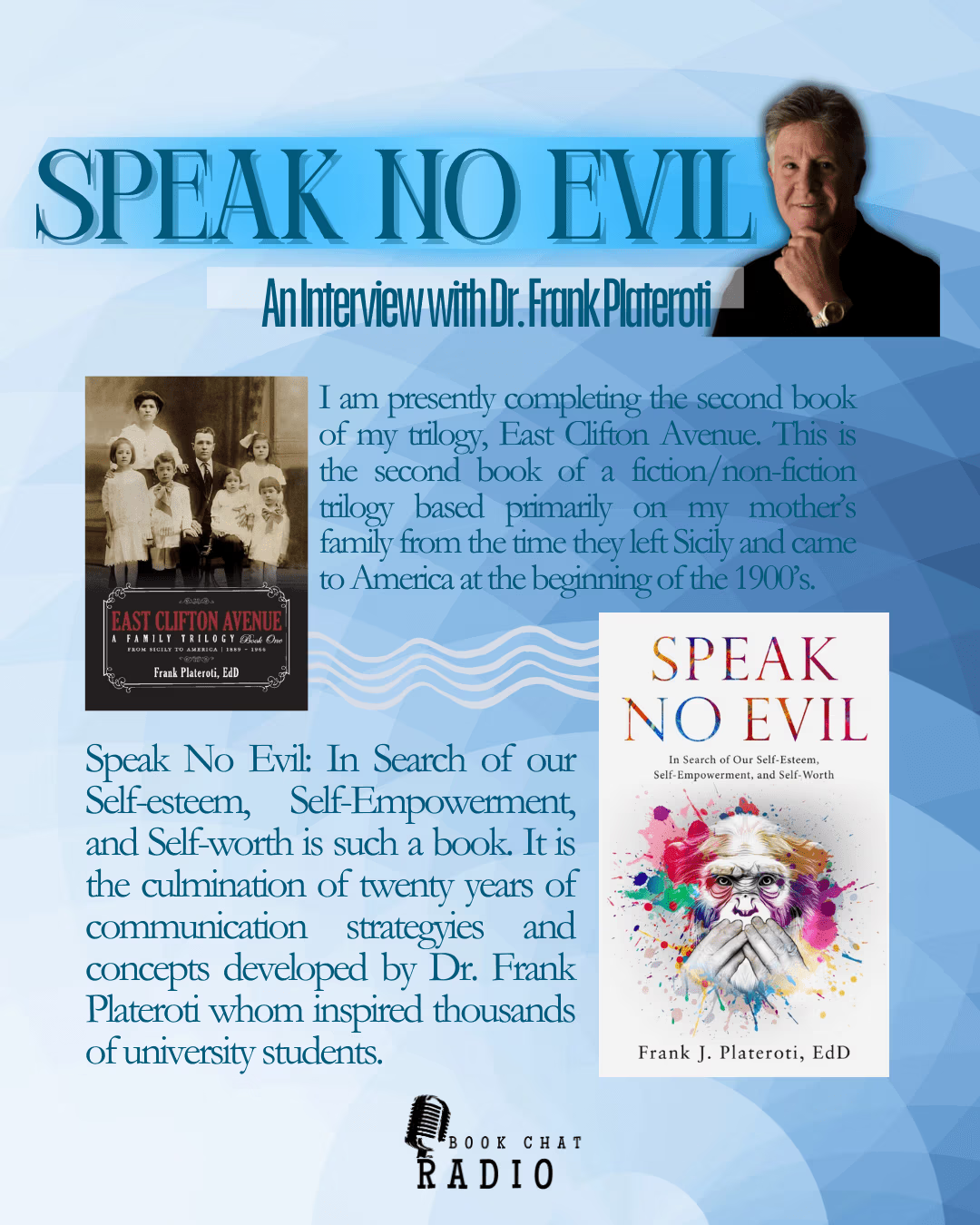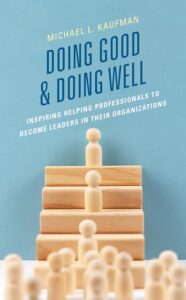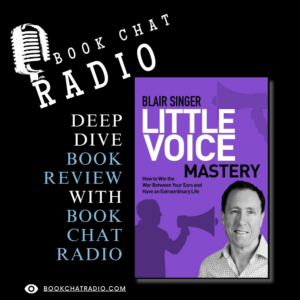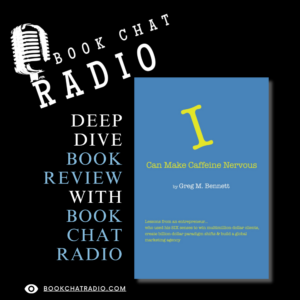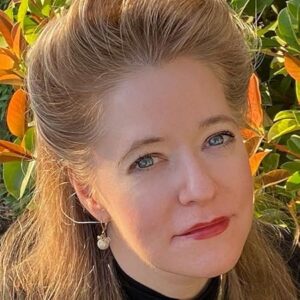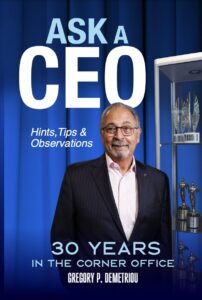Dr. Frank Plateroti has been a teacher in the communication department at William Paterson University for the past twenty years. He earned his Doctorate in Education Research and his Master’s in Communication. Nowadays, his focus is his writing. At the time, he’s working on his East Clifton Avenue trilogy. Another noteworthy publication is his book Speak No Evil: the culmination of his twenty years teaching his communications course. We are happy to engage with Dr. Frank Plateroti in this interview, and hopefully learn more about his career and what’s in store for his future works!
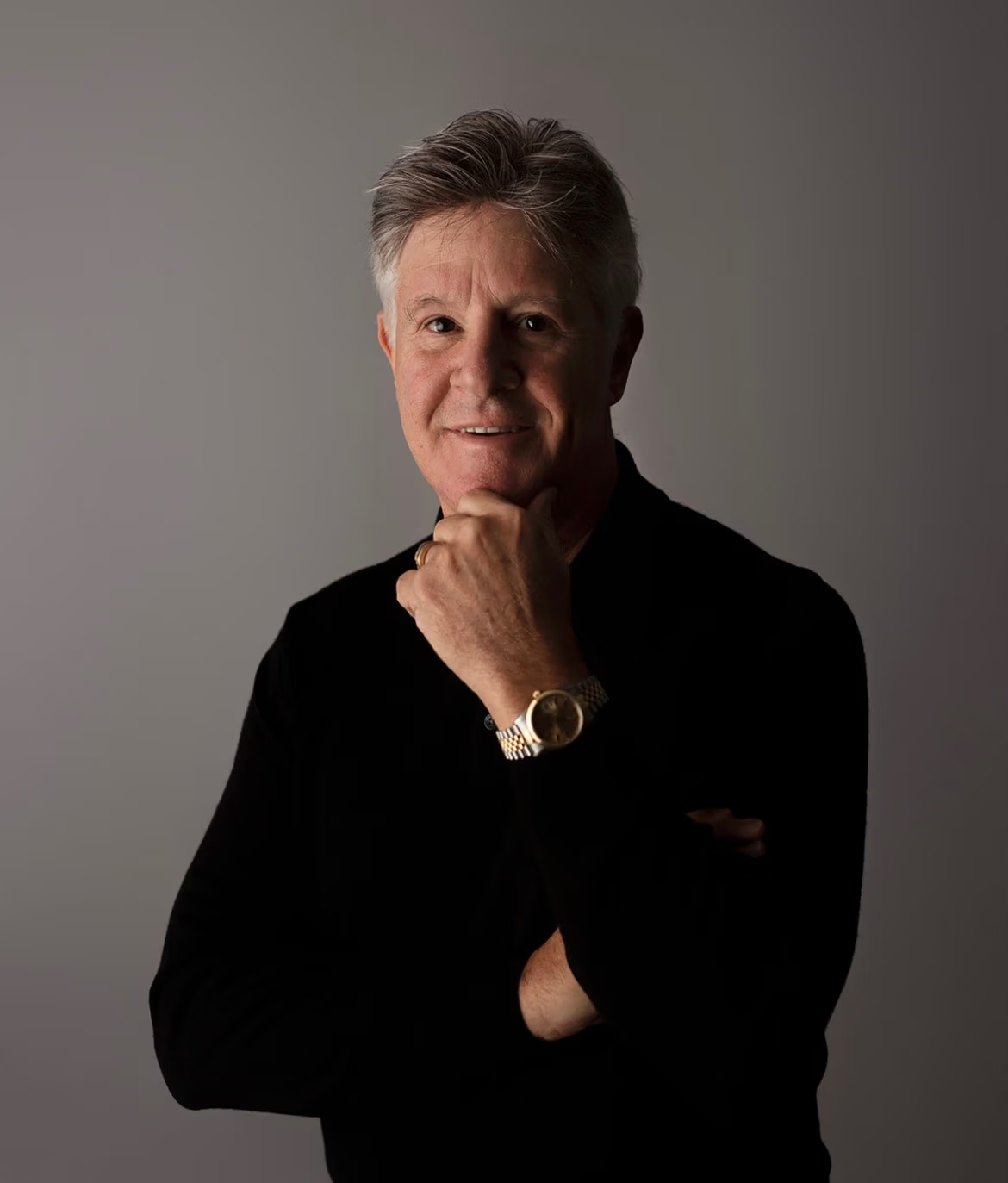 How did you start your writing career?
How did you start your writing career?
My parents and almost all of my relatives on both sides have passed away. My daughter loves to hear stories of my parents and relatives. When I was twelve, my grandmother lived with us for about three years before she had to go into a nursing home. We shared a bedroom and since I was the oldest of three boys, I helped take care of her. She shared many stories of when she first came to this country and her life in Sicily. Although the stories are disjointed, I thought to put them in some kind of framework and that was when I came up with the idea of creating a fictional/non-fictional format and I named the book after the street that they lived on, East Clifton Avenue.
Do you have critique partners or beta readers?
Yes. I have a few academics and close friends that I consider trustworthy to give me honest, constructive, unbiased review.
What book are you reading now?
Many books. I love biographies. I did a study on Truman Capote. A brilliant man who was “burnt out” and ended up wasting his talent. A good inspirational lesson of what “not to do,” especially when it comes to relationships. I dedicated a chapter in Speak No Evil entitled, Unanswered Prayers.
There are some books that I don’t only read, but also study. I like to see how the author constructed his work, the plot mechanisms and for me, most of all, how he develops the characters. Also, I spend a lot of attention (depending on the book) on dialogue, which forms the books characters and story.
I also go back and re-read some Shakespeare, which takes a long time to read and study. Since I also love early cinema, I re-read all the biographies of the great directors and writers.
The transition from book to the screen and the stage is an art that fascinates me. I laugh when people say, “the book was so much better.” Two different mediums and two different experiences. Sometimes they cannot be transitioned either way.
In your book, what is your favorite chapter?
That’s a tough one. I think an interesting chapter is Chapter 9 Unanswered Prayers. It is a quote from St. Teresa of Ávila, Spain (1515-1582). “There are more tears shed over answered prayers than unanswered prayers.” Basically, it means be careful what you wish for. I came across the quote referenced in an unfinished novel by Truman Capote, entitled Unanswered Prayers. it’s just a simple, single sentence, but it is indeed profound.
Interestingly, the theme of Capote’s unfinished novel Unanswered Prayers ties into the theme of my book, Speak No Evil. For years, Capote “rubbed elbows” with the “rich and famous” and gathered what he observed as their seemingly shallow lifestyles, as well as the ensuing gossip, and published three chapters in a magazine. They invited Capote into their world and allowed to experience their fast-paced, jet-set and yacht-cruising lifestyles. While he mingled with celebrities and the like, unbeknownst to his “sponsors” he was collecting material for a future work. Capote’s sponsors also benefited from their relationship with Capote, having a famous author sharing gossip and his “court jester” antics, as he himself described. Capote observed that these high society sponsors married for money and they ended unhappy. Thus, their proverbial prayers were answered and with their answered prayers came tears year later.
Capote took all the personal situations, the entrusted personal confidences, and the gossip he had collected and documented over the years from the people who trusted him, and instead of minding his business and keeping silent, he betrayed them in their minds in the worst way he could have by unmasking them. In the Esquire article, he only changed the names but not the libelous context. It was done for nothing more than financial gain and for Capote’s ego and a warped kind of resentful revenge, because in his mind, he could never really be a part of their world.
As a result, he hurt people and ruined friendships and lives, but mostly he hurt himself by being totally ostracized by the people he wrote about and others who knew what he had done and wanted nothing to do with him. He was never able to recover, with unreturned phone calls and the like, and died truly as an outsider.
This chapter was a perfect example of how gossip, whether intentional or not, can hurt people and ruin ones’ reputation and more importantly, relationships. We can apply this somewhat extreme example and use it as a caution not to gossip and betray relationships.
Please share your favorite excerpt from your book.
The concept of self-esteem has created some confusion over the years with many people having the perception that self-esteem simply means having a lot of confidence, and for some it could even get to the point of arrogance. Simply put, self-esteem is our overall opinion of ourself, our abilities, talents, and limits. This opinion of ourselves can be both positive and negative and there are many variables that determine our self-esteem. I find it better to use the term “healthy self-esteem” to describe a positive, honest, and humble opinion of who we are within the ongoing development of our identity. From healthy self-esteem we can grow our self-empowerment and then we alone can allow ourselves to determine our self-worth.
Healthy intra-personal communication (self-talk) and inter-personal personal communication (with others) plays a huge part in growing our self-esteem. Although it appears very simple in writing, searching for our self-esteem, self-empowerment, and self-worth can be an insurmountable task. My goal is to share with the reader the concepts and experiences I used in my life and in my teachings to inspire them to find their self-esteem, self-empowerment, and self-worth.
Please share your favorite quote.
This following quote sums up my feelings of joy teaching university students for over twenty years and my belief that perhaps I did something good to help repair the world.
“Be ashamed to die until you have won
Some victory for humanity.”
Horace Mann (1796-1859)
Father of Public Education
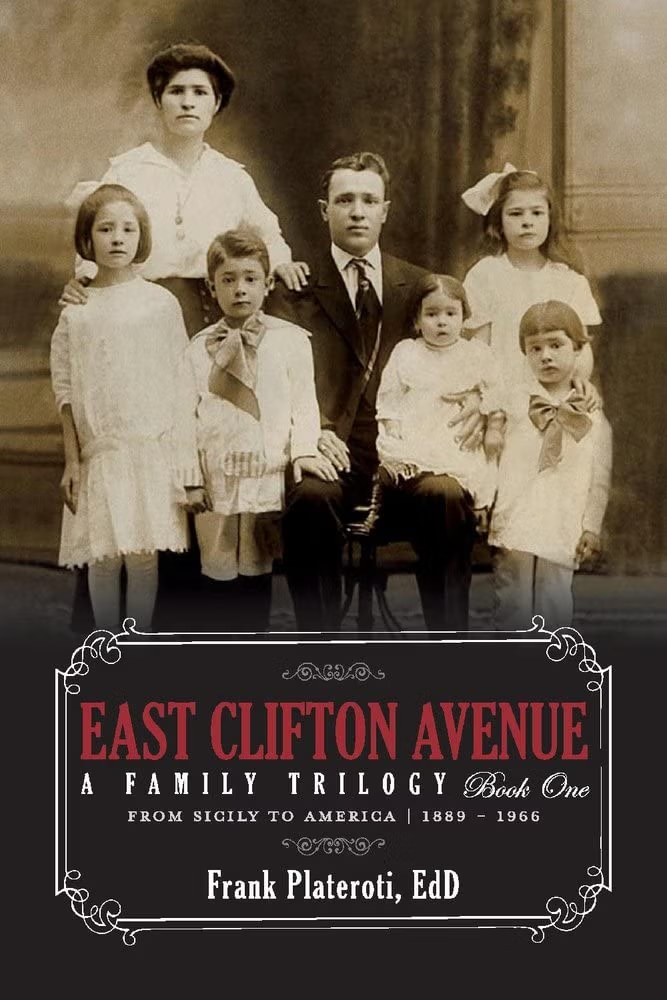 Tell us about your next release.
Tell us about your next release.
I am presently completing the second book of my trilogy, East Clifton Avenue. This is the second book of a fiction/non-fiction trilogy based primarily on my mother’s family from the time they left Sicily and came to America at the beginning of the 1900’s. The trilogy will end with book three in the later part of the 1960’s. The book consists of the times, stories and history that might otherwise be lost, and will also serve as a legacy of my entire family’s history that I am sharing with my children and grandchildren. It is almost complete and will be ready for publication in the spring of 2023. I have also started the third book as well, which will be ready for publication sometime in 2024.
What is the hardest part of writing your books?
I find myself constantly writing in my head. There have been times that I write an entire paragraph, or re-write a chapter, or further develop a character. There have been times when I thought I wrote down the chapter, or changed something and then I remember I never wrote it down. Before I fall asleep, I may find some inspiration and either follow it up in the morning, make a note on my phone, or just get up and start writing.
For example, the evening I wrote this piece I went to bed and hundreds of thoughts went through my head and I made the additions and changes when I woke up. I am sure this is not unusual among authors and writers.
Did you have an author who inspired you to become a writer?
Since my undergraduate degree minor was in English Literature, I would have to say the classic authors. One reason is I don’t only focus on only the book but the author and the time the book was written and published. For example, when I took a course in Shakespeare, I became immersed in the Elizabethan era and plays like Macbeth and Hamlet. I won a class debate stating that Hamlet is really about the relationship of fathers and sons, I won because I supported my argument not only about the content, but how relationships were at the time that Hamlet was written in 1602.
I also was very interested in F. Scott Fitzgerald and his wife Zelda Fitzgerald who both are representatives of the “Roaring Twenties”, a transitional period in America. They both represent the post WWI prosperity, Prohibition era, and some would say the global moral decline. To fully appreciate his work, it is vital to study the period it was written in.
What is your favorite part of the writing process?
If it is a fictional/non-fictional piece like my first book, East Clifton Avenue, I would have to say developing the story. When driving (sometimes I miss exits or turns!) or doing any activity, I am developing the story, chapter, characters in my head and I can’t wait to get to my computer. I also love to develop characters through their dialogue and placing them in the proper environment or scene. As strange as it seems, when the characters become developed, they become like a friend that I created. There is an episode of Rod Serling’s Twilight Zone that is a perfect example of this that I can relate to. I am sure other authors feel the same way. In a way we are giving birth and life to our characters.
If it is more on the academic genre like Speak No Evil, I am documenting the communication concepts and strategies that I developed and shared with my students and I am now able to share with, I hope, a vast amount of readers. That is very exciting.
Describe your latest book in 4 words.
Wow. Four words. Hmmm. Love is the answer.
Find the Author
Speak No Evil: In Search of Our Self-Esteem, Self-Empowerment, and Self-Worth
It is rare that a book can claim to challenge the way we view ourselves, view others and the way we seek out romantic relationships. Speak No Evil: In Search of our Self-esteem, Self-Empowerment, and Self-worth is such a book. It is the culmination of twenty years of communication strategies and concepts developed by Dr. Frank Plateroti whom inspired thousands of university students.
Now everyone can take the challenge to see if they view their world the same way after reading Speak No Evil: In Search of our Self-esteem, Self-empowerment, and Self-worth.

